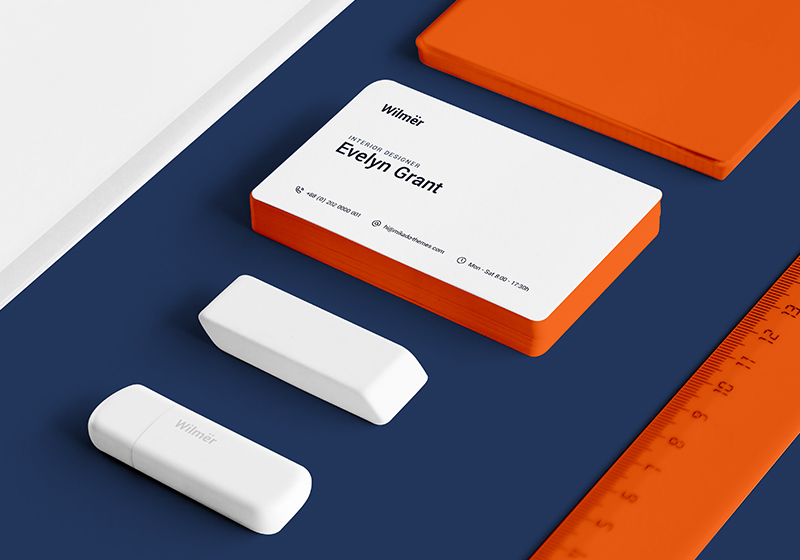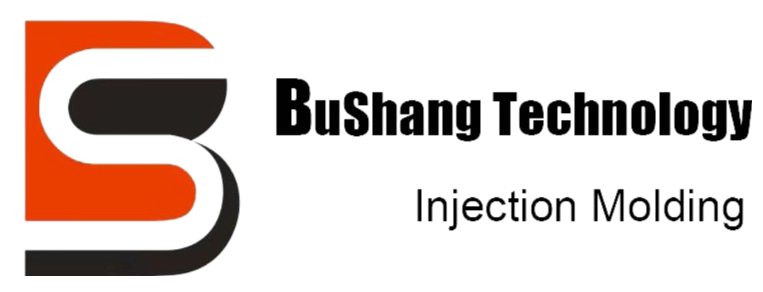Injection Molding Quality Control
At our company, we take pride in our commitment to quality. We have a track record of proven performance, which is supported by our use of digital processes, scientific molding, and inspection reporting to consistently manufacture high-quality parts.
One of the key aspects of our manufacturing process is the use of scientific molding. This approach involves utilizing advanced techniques and technologies to ensure precise control over the molding process. By closely monitoring and optimizing variables such as temperature, pressure, and cooling time, we can achieve consistent and repeatable results. Scientific molding allows us to minimize variations and defects, resulting in parts that meet or exceed the required specifications.
To further ensure the quality of our parts, we employ digital processes throughout the manufacturing cycle. This includes the use of computer-aided design (CAD) software for precise product design and modeling. By leveraging digital tools, we can accurately simulate and analyze the manufacturing process before production begins, identifying potential issues and optimizing the design for manufacturability. This proactive approach helps us eliminate potential quality problems early on, saving time and resources.
In addition, we prioritize critical to quality (CTQ) reporting. This involves systematically identifying and monitoring the key characteristics and requirements that are critical to the performance and functionality of the parts we manufacture. Through comprehensive inspection and testing, we generate detailed reports that provide insights into the quality of our products. This data-driven approach allows us to continuously improve our processes and ensure that our parts consistently meet the highest standards.
By combining digital processes, scientific molding, and CTQ reporting, we have established a robust quality assurance system. Our commitment to manufacturing excellence and continuous improvement enables us to deliver reliable and high-quality parts to our customers consistently.
Unveiling the Power of Design for Manufacturing (DFM) Analysis
Our Design for Manufacturing (DFM) analysis tool is a cutting-edge software solution that revolutionizes the way manufacturers approach product design and development. By integrating DFM principles into the design process, the tool enables manufacturers to identify potential manufacturing defects and limitations, allowing them to proactively address these issues and avoid costly production setbacks.
DFM analysis tools provide comprehensive functionality that enables manufacturers to optimize their production processes. It evaluates design elements such as material selection, component arrangement, manufacturability, and tolerances. By conducting in-depth analysis of these aspects, manufacturers can gain valuable insights into the suitability of design elements for the manufacturing process.
The tool provides real-time feedback, highlighting potential design flaws and proposing solutions that adhere to industry best practices. Our DFM analysis tools not only help manufacturers identify and solve design issues, but also significantly reduce production costs. By addressing potential manufacturing constraints early in the development phase, manufacturers can prevent rework, minimize waste, and streamline production cycles, ultimately increasing profits.
Our DFM analysis tools are user-friendly and integrate seamlessly into existing design software, making them easy for design teams to use. Its intuitive interface enables designers to get instant feedback on design elements, ensuring fast and efficient decision-making.
DFM analysis tools also include a comprehensive set of industry-specific guidance and manufacturing best practices. This capability gives manufacturers access to a vast knowledge base, allowing them to optimize their designs in compliance with industry standards and regulations. With our DFM analysis tools, manufacturers can ensure that their product designs are not only easy to manufacture but also meet industry requirements, ensuring customer satisfaction and market success.
Additionally, DFM analysis tools facilitate effective collaboration between designers, engineers, and production teams. The tool facilitates cross-functional communication and collaboration by sharing valuable insights about manufacturability and design constraints. This integrated approach helps to better understand the manufacturing process from the early design stages, thereby improving product quality and reducing time to market.
How the quality of injection-molded parts can be raised by using our manufacturing analysis:
finds characteristics with inadequate draft
detects substantial walls
Mold flow examination
Pick a gate's location.
Choose where the ejector pin is.
Inspection of Incoming Materials
At BuShang technology, we prioritize the quality of all purchased products that are used in our final products. To ensure this, we have implemented a meticulous technical Quality Control (Q.C.) inspection process. This process involves thorough checks to guarantee that the materials meet our high-quality standards, laying the foundation for the production of exceptional end products.
In addition, we maintain a detailed record of material certifications for all incoming shipments of thermoplastic resins. This record-keeping practice ensures transparency and traceability throughout our supply chain, giving our customers peace of mind.
Production Monitoring & Verification
Throughout the production cycle, we conduct comprehensive checks on plastic injected molded components and assemblies. These checks encompass dimensional, functional, and, when necessary, destructive tests. Our goal is to ensure that each component meets the specified requirements and adheres to our strict quality standards.
Scientific Molding: New Part Qualification
Before a new part can be released for full-scale production, it undergoes a rigorous qualification process. The intensity of this process varies based on customer requirements, engineering complexity, and quality constraints. Our qualification methods may include first article inspection, process capability study, pre-production runs to produce a limited number of samples, production part approval process (PPAP), and ECN release to production after customer approval. This thorough qualification process guarantees that the new part meets all necessary specifications and quality standards.
Measurement & Testing
Our Inspection Lab is equipped with state-of-the-art equipment to ensure compliance with the most demanding part and assembly specifications and tolerances. This includes a Coordinate Measuring Machine (CMM) with Quadra-Check 5000 3D software for precise measurements in three dimensions. Additionally, we have a range of standard measuring and testing devices such as 2D detectors, projectors, calipers, micrometers, thread and height gauges, surface plates, and more. These tools enable us to accurately measure and test various aspects of the parts and assemblies, ensuring they meet the required specifications and tolerances.
At BuShang technology, we are committed to maintaining the highest level of quality control throughout our production process. By conducting thorough inspections, monitoring production, and performing comprehensive testing, we ensure that our products meet the highest standards of quality and reliability. Our dedication to precision, compliance, and customer satisfaction sets us apart as a trusted provider of high-quality plastic components and assemblies.

